Suicide Prevention Month
September is Suicide Prevention Month. This is a month that is dedicated to opening up the fence surrounding suicide. This topic is overwhelming. So I’d like to first start with, if you have lost someone to suicide or have thought about suicide, our hearts are with you. The grief that comes with suicide can feel insuperable. We care about you. So please be gentle with yourself this month.
When suicide is mentioned, we don’t’ feel prepared. We don’t know how to broach the subject, support someone through a tough time, or grapple with our own feelings of hopelessness and helplessness. We feel we need a degree and expertise in order to approach the subject with someone we’re concerned about. Furthermore, if we have a relationship (friendship, family, partnership) with someone who frequently threatens suicide, we could feel burnt-out, apathetic, and exhausted by their behaviors and warnings.
“When suicide is mentioned, we don’t’ feel prepared. We don’t know how to broach the subject, support someone through a tough time, or grapple with our own feelings of hopelessness and helplessness. ”
It’s common to stay quiet and let the people in pain come to us if they need anything…unfortunately, this usually breeds more silence. If someone is already feeling isolated, it can feel impossible to reach out for help to someone in their community. Silence intensifies isolation. And isolation makes suicidal thoughts worse, which can lead to intent and planning.
So what should we do?
There are signs we can look out for: giving away possessions, prolonged sadness/depression, retreating from personal relationships, using dichotomous thinking (good/bad), purchasing firearms or other weapons, and there are more signs here.
So if the signs are there, what should you do?
Connect. Take them to coffee. Ask about their day. Invite them to an event you’re attending. Feeling connected to others is an important resiliency factor. Studies show strong, positive relationships with others can be protective and prevent against suicidal thoughts and behaviors.
Ask. The long myth that has withstood time, social media, education, and personal stories is: if we ask about suicide, the conversation will implant the idea in someone’s mind. This is not true. We have to ask the question. And we have to be explicit: Do you want to complete suicide? Do you have plans to complete suicide? It’s also worth mentioning that people are allowed to talk about their mortality and suicide. This does not mean that they are going to complete suicide. This means that they need to talk about it. And we need to show them that it is okay to talk about it.
Support. This does not mean that you have to be this person’s everything. It’s important to own what we can and can’t do. Connecting someone who is feeling suicidal to the right professionals is supporting them. Setting boundaries with someone is supporting them (i.e. “I can tell you’re hurting right now, and I want to help. I think you need to see a counselor”). Try not to use the phrase, “Let me know if you need anything.” Instead, know how much time/energy you are willing to give and offer creative ways you are willing to support someone: going on a walk with them once a week/month, dropping them off a meal, inviting them to a planned gathering, etc.
Protect. Yes, if you are concerned about the safety of someone, you can contact the authorities to ensure that they will be protected from themselves. You can call the National Suicide Hotline (1-800-273-8255). If you—or the person you are concerned for—lives in Colorado, we have the Colorado Crisis and Support line (1-844-493-8255). PUT THIS NUMBER IN YOUR PHONE. The Colorado Crisis and Support Line has a mobile crisis unit that can come out to the person’s house and evaluate them without needing the police, ambulance, and fire trucks showing up at their house. There are also walk-in centers, a text-line, and a chat feature (learn more here). If you know of someone who may be considering suicide, you also need to feel supported. These resources are also available to you. You may also need to connect with a counselor. See if your employer offers an EAP (Employee Assistance Program) benefit, check-out affordable counseling in your community (we love People House and Connections Counseling), or use your behavioral health benefit of your insurance plan.
“The myth that has withstood time, social media, education, and personal stories is: if we ask about suicide, the conversation will implant the idea in someone’s mind. This is not true. We have to ask the question. ”
It’s important to know that there is not one specific script, intervention, piece of knowledge that you can employ that will prevent someone from completing suicide. So stay aware, but also we invite you to stay connected, show love, and be gentle with one another





